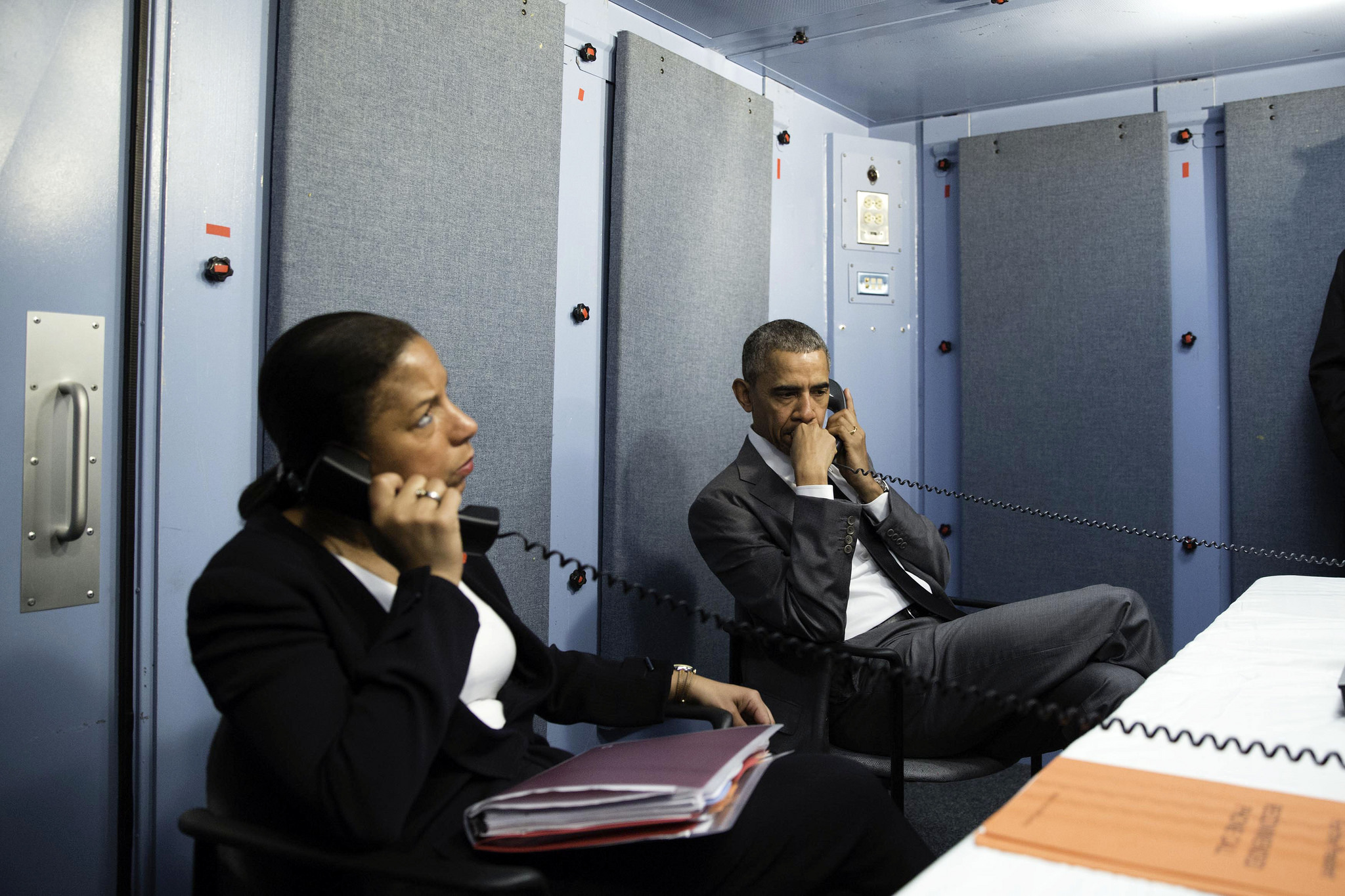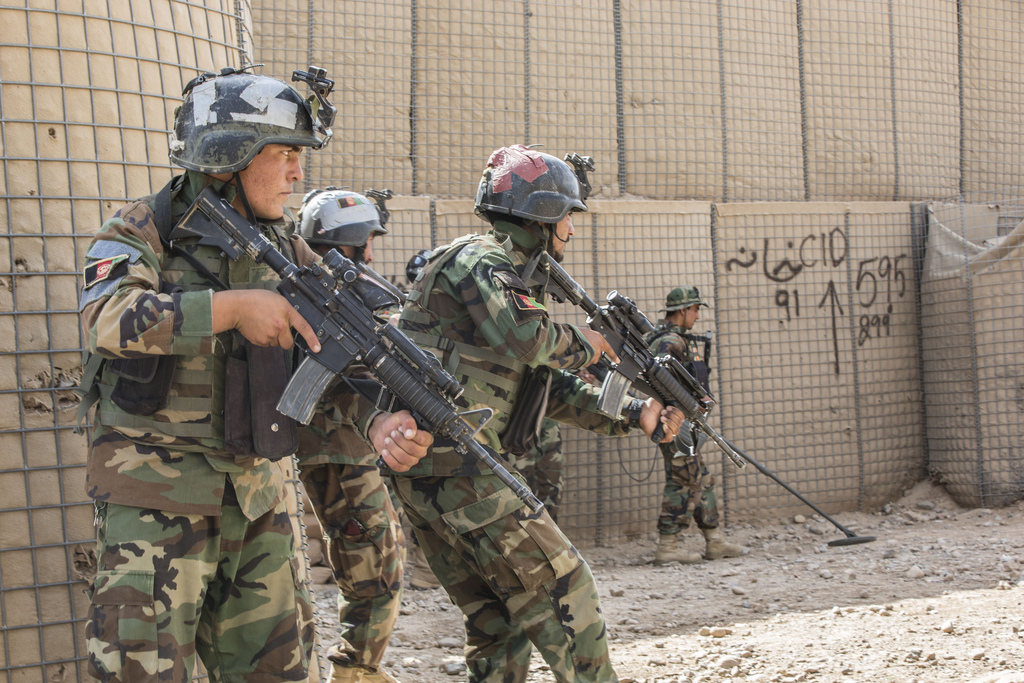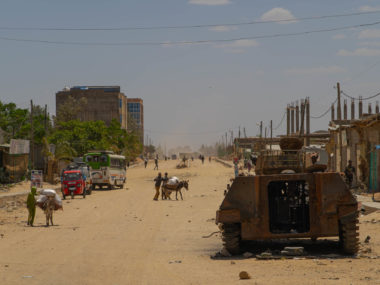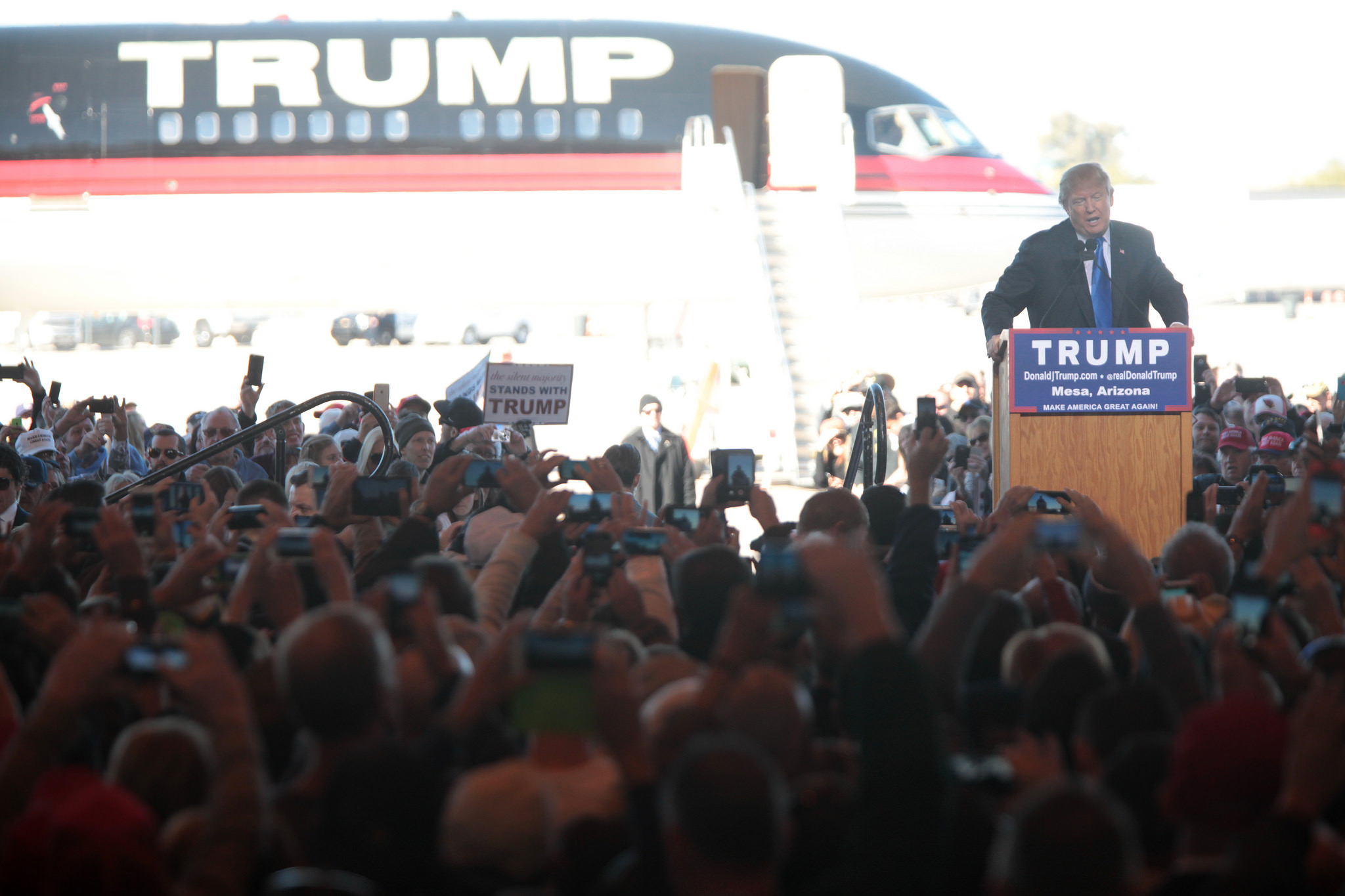By Drew Stommes
Fifteen scholars of political violence provided me with recommendations on what they regarded as the books and articles from 2017 that made the most valuable contributions to the field. Their suggested readings were wide-ranging, covering topics such as civilian targeting in civil wars, mass violence and civilian behavior, gender and conflict, criminal conflict, and post-conflict politics and legacies.
The selected recommended readings reflect the growing substantive heterogeneity in studies of political violence. Investigations into civil wartime dynamics previously dominated scholarly analyses of political violence, but the past year demonstrated the value of expanding our analytical lens to incorporate other domains where politics and violence intersect. This is not to suggest, however, that civil wars are no longer fruitful areas for research; numerous pieces included below clearly illustrate how myriad aspects of civil wars and their attendant conflict processes remain ripe for scholarly research.
These contributions open up new directions for future research by employing cutting-edge methods, developing and refining concepts which previously lacked scholarly attention, and collecting novel qualitative and quantitative evidence in contexts where conflict processes have not been well-known. Findings from this literature will be also particularly valuable for policymakers, providing important insights into policy-relevant conflict dynamics previously lacking rigorous scholarly attention.
1. Balcells, Laia. 2017. Rivalry and Revenge: The Politics of Violence during Civil War. Cambridge: Cambridge University Press.
What explains violence against civilians in civil wars and, more specifically, in conventional civil wars? Balcells argues for the importance of prewar political preferences to explain this phenomenon and drawing upon a rich body of quantitative and qualitative evidence primarily from the Spanish Civil War.
2. Berry, Marie E. “Barriers to Women’s Progress After Atrocity: Evidence from Rwanda and Bosnia-Herzegovina.” Gender & Society 31, no. 6 (2017): 830-853.
Challenging existing accounts linking warfare and the attendant unexpected opportunities for women, Berry illustrates the limits to such participation, particularly in post-conflict settings. This account draws on more than 250 interviews with women in both Rwanda and Bosnia-Herzegovina.
3. Charnysh, Volha and Evgeny Finkel. 2017. “The Death Camp Eldorado: Political and Economic Effects of Mass Violence,” American Political Science Review 111 (4): 801-818.
Leveraging micro-historical data, Charnysh and Finkel explore how wealth transfers during violent conflicts have lasting economic and political effects, investigating the long-term impact on surrounding communities of the Nazi death camp Treblinka in Poland.
4. Checkel, Jeffrey T., (editor) Special Issue on socialization and violence in Journal of Peace Research, with contributions from Devorah Manekin, Elisabeth Jean Wood, Nathaniel Toppelberg, Regina Bateson, Dennis Rodgers, Lee Ann Fujii, Scott Gates, Amelia Hoover Green, Dara Kay Cohen, and Stephen Moncrief.
How do norms and rules constrain and produce different forms of violence? Checkel et al. explore the links between socialization and violence among a broad range of groups, such as paramilitaries in Guatemala, vigilante organizations, rebel groups in El Salvador and Sierra Leone (among others), and in the U.S. and Israeli militaries.
5. Dell, Melissa and Pablo Querubin. 2017. “Nation Building Through Foreign Intervention: Evidence from Discontinuities in Military Strategies,” The Quarterly Journal of Economics (December 21).
Dell and Querubin employ cutting-edge statistical methods to show how U.S. bombing strategies in Vietnam increased the military and political activities of communist insurgency, weakened local governance, worsened attitudes toward the U.S., and reduced non-communist civic engagement.
6. Finkel, Evgeny. 2017. Ordinary Jews: Choice and Survival During the Holocaust. Princeton, NJ: Princeton University Press.
Ordinary Jews presents a framework for understanding Jewish survival strategies in response to Nazi genocide. As one respondent regarded Ordinary Jews: “An exceptional book. Finkel tackles a new question, offers a new theory, provides remarkable new evidence, and does it all in a way that is genuinely moving. A reminder of what political science can be.”
7. Fishman, Brian. 2017. The Master Plan: ISIS, al-Qaeda, and the Jihadi Strategy for Final Victory. New Haven: Yale University Press.
The Master Plan sheds light on the Islamic State’s operations and objectives, drawing upon an abundance of declassified documents captured from IS and its predecessor organizations. This in-depth look at the Islamic State’s history helps us understand not only the group’s past but what to expect from it in years to come.
8. Hirose, Kentaro, Kosuke Imai, and Jason Lyall. 2017. “Can civilian attitudes predict insurgent violence? Ideology and insurgent tactical choice in civil war,” Journal of Peace Research 54 (1): 47-63.
Hirose et al. contend that insurgents use pro-counterinsurgent attitudes as cues to select targets and tactics, showing how “hearts and minds” strategies can have deadly unintended consequences. The authors’ granular survey and data on Taliban violence in Afghanistan improves prediction by 20-30% over standard forecasting models.
9. Kaplan, Oliver. 2017. Resisting War: How Communities Protect Themselves. Cambridge: Cambridge University Press.
Arguing that local social organization and cohesion are crucial to different forms of nonviolent civilian strategies, Kaplan draws on extensive fieldwork and statistical analysis, leveraging new evidence from cases in Colombia with extensions to other civil war contexts.
10. Lake, Milli. 2017. “Building the Rule of War: Postconflict Institutions and the Micro-Dynamics of Conflict in Eastern DR Congo,” International Organization 71 (2): 281-315.
Why do peace-building and reconstruction efforts frequently fail to create durable institutions that can deter or withstand resurgent violence? Lake focuses on wartime elites and the manner in which they capture and instrumentalize post-conflict legal institutions, presenting rich evidence gleaned from field research in eastern Democratic Republic of the Congo.
11. Lessing, Benjamin. 2017. Making Peace in Drug Wars: Crackdowns and Cartels in Latin America. Cambridge: Cambridge University Press.
Lessing’s book explores the fascinating, puzzling world of violent conflict between governments and cartels – as he notes, most of them this doesn’t happen, but when it does it can spiral far out of control. A blend of game theory and deep on-the-ground research, written in a remarkably clear and engaging style.
12. Lupu, Noam and Leonid Peisakhin. 2017. “The Legacy of Political Violence across Generations,” American Journal of Political Science 61 (4): 836-851.
Does political violence have lasting effects on identities, attitudes, and behaviors? Lupu and Peisakhin contend that families transmit the effects of political violence to subsequent generations, finding that those individuals who suffer from violence more intensely identified more strongly with their ethnic group and participated more in politics.
13. Matanock, Aila. 2017. Electing Peace: From Civil Conflict to Political Participation. Cambridge: Cambridge University Press.
Electing Peace combines a new cross-national dataset on post-conflict electoral arrangements with in-depth case studies in Central America, Matanock demonstrates an increased prevalence of electoral participation provisions since the end of the Cold War and their association in post-conflict stability.
14. Roessler, Philip. Ethnic Politics and State Power in Africa: The Logic of the Coup-Civil War Trap. Cambridge: Cambridge University Press.
Why are some African countries are trapped in cycles of ethnic exclusion and civil war? Blending qualitative evidence, based on years of field research in Sudan and the Democratic Republic of the Congo, along with new quantitative evidence, Roessler shows how rulers addressing coup threats make themselves vulnerable to potential civil wars (and vice versa).
15. Steele, Abbey. 2017. Democracy and Displacement in Colombia’s Civil War. Ithaca, NY: Cornell University Press.
Democracy and Displacement utilizes evidence the author collected from remote archives, over two hundred interviews, and data from the government’s displacement registry to paint a more complete picture of the Colombian conflict and show how elections reveal citizens’ political preferences and facilitate counterinsurgent targeting against civilians.
Stommes is a doctoral student in the Department of Political Science at Yale. He studies the intersection of elections and violence with a regional focus on South Asia.






